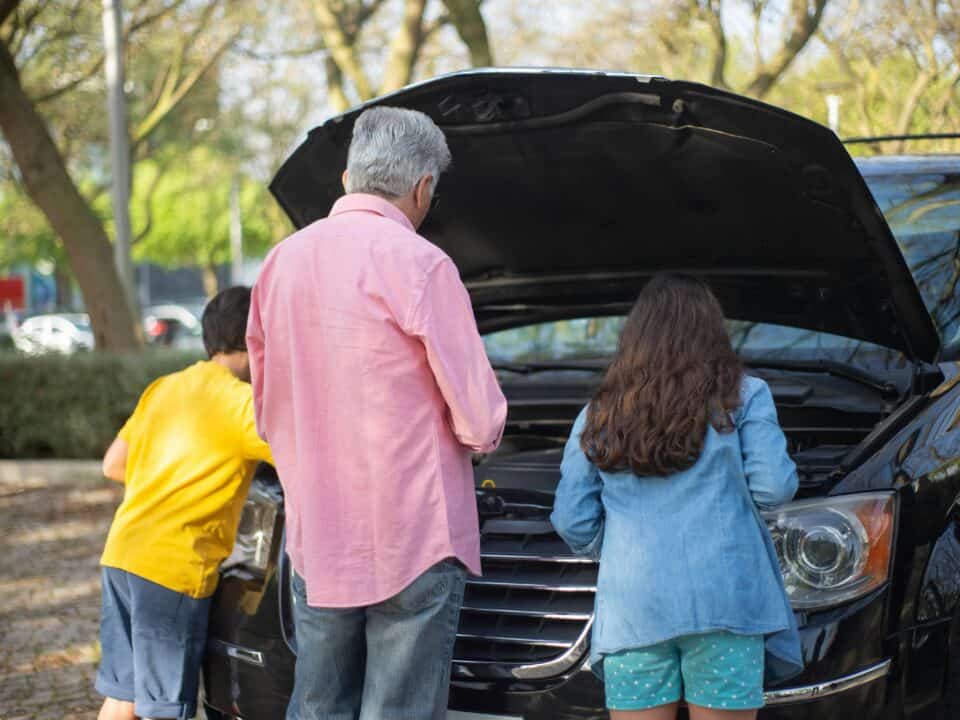South Carolina’s roads can be quite deadly. According to USA Today, South Carolina was ranked the state with the second-highest rate of fatal car accidents in 2022, with 24 deadly crashes per 100,000 vehicles.
In response to these alarming statistics, the government has stepped up efforts to improve road safety. One significant measure is the legislation of the South Carolina Squat Ban. Although the law was officially passed in November 2023, authorities provided a 180-day “grace period” for owners to bring their squat trucks into compliance. Now, as this period has ended, driving a Carolina Squat truck is officially illegal, and doing so will bear consequences.
The Background to the South Carolina Squat Ban
The legislative push for the Carolina Squat law gained urgency following a tragic incident in 2021, where a “squatted” pickup truck struck and killed a pedestrian in Myrtle Beach. Indeed, the dangers of these vehicles are particularly severe for pedestrians (especially children). Research by the Urban Institute on the increasing rates of pedestrian deaths has found that taller vehicles are more likely to strike a pedestrian in areas where injuries are far more likely to prove fatal, such as the head, neck, back, or chest. In contrast, shorter vehicles are more prone to impact pedestrians in areas where injuries, while severe, are less likely to be deadly, such as the legs.
In addition to these risks, squatted trucks come with a host of other hazards, including reduced visibility for drivers, improper and dangerous headlight illumination, and faster wear on brakes and tires – factors that can increase the likelihood of accidents if maintenance is neglected.
Given these risks, the state decided that Carolina Squat poses more dangers than benefits to drivers and pedestrians, leading to the final ban.
Defining Illegal Squat Modifications
Under the Carolina Squat law, vehicles are not allowed to have their front or rear fender raised four inches or more above the height of the other fender.
To put things in perspective, in 2022, the Myrtle Beach Police Department conducted a visibility test using one of their officers and his 6-year-old child. When the vehicle was lifted just 5 inches, the only part of the child visible to the driver was the top of his hair. This result illustrated the severity of these modifications and helped set the bar at 4 inches at the highest.
With the Carolina Squat now illegal, violators face penalties starting with a $100 fine for the first offense, escalating to a $200 fine for the second offense, and a $300 fine for the third offense, which also includes a one-year license suspension from the date of conviction.
Understanding the Impact on Insurance and Vehicle Repairs
If you’ve been hit by a Carolina Squat truck, the new law could work in your favor when dealing with insurance claims and vehicle repairs. Insurance companies are now more likely to recognize the added risks posed by squatted vehicles, which could strengthen your case when seeking compensation for damages. Knowing that the vehicle was illegally modified can help ensure that your medical bills, car repairs, and other related expenses are adequately covered.
The Legal Framework around Carolina Squat Collisions
The Carolina Squat Law strengthens the legal standing of victims in car wrecks, allowing them to assert their rights following a collision. If you’ve been injured in such an accident, having legal support on your side can significantly ease your burden. A legal representative can ensure your medical bills are covered from the outset, handle negotiations with insurance companies, and allow you to focus on your recovery. If necessary, a professional legal team will also advocate on your behalf should the case proceed to court.
With the new law now in effect, you are in a better position to claim your rightful entitlements in the aftermath of a collision. If you’ve been involved in an accident, we recommend scheduling a free consultation with a legal professional experienced in handling automobile accidents and personal injury matters. They can guide you and your loved ones through the process, explain what to expect, advise on which documents to keep, and help you make the best decisions for your situation.
At Bluestein Attorneys, we’ve represented clients with just about every Personal Injury concern you can think of. Request your FREE consultation today by phone at (877) 524-4675 or contact us online at any time.



